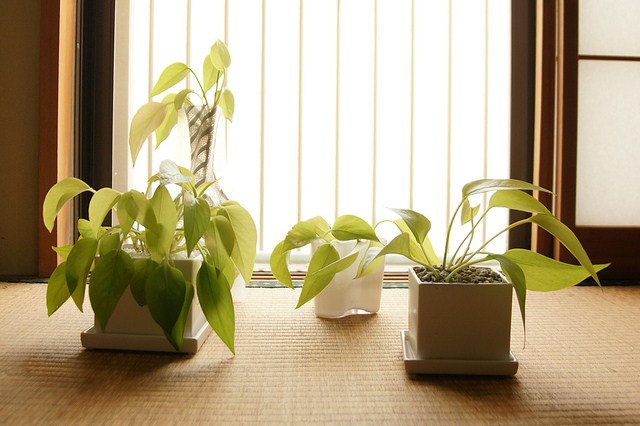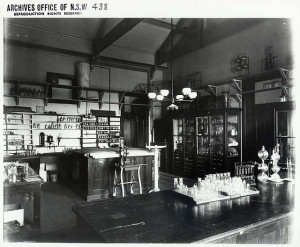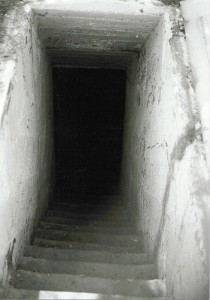“Sleeping is no mean art: for its sake one must stay awake all day.” Friedrich Nietzsche

Creativity and sleep are like pothos plants (Epipremnum aureum) and sunlight. The former is influenced by the latter, sometimes in surprising ways. Deprive a pothos of sunlight and it withers away. Too much sunlight produces a similar result. Creativity and pothos plants have another similarity: you can neglect them for a long time, but with care they’ll eventually recover.
Even the most sad-ass, half-dead pothos can be brought back with a little water and a reasonable amount of sunlight. Creativity, I believe is similar: even a person who feels like they couldn’t create a pile of sand can, with knowledge and practice, build a stupendous sand castle.
Maybe I’m stretching this comparison, but I feel like this is an apt way to think about the relationship between creativity and sleep.
Both creativity and sleep are mysterious but studied subjects. How are they related? How dependent are they upon each other? Does sleep promote creativity? Does creativity promote better sleep? How can we use sleep to increase our own creativity?
Sleep recharges, replenishes, and, in a way, defragments our brain. The events of the day are processed and rearranged. Our inputs and experiences are sorted out, organized, categorized, and tagged. New connections and associations form. Since creativity is all about new and novel connections, it’s reasonable to assume that sleep affects creativity. But what do the serious researchers say about creativity and sleep?
Call in the Scientists!

A recent New York Times article featured the work of Dr. Jeffrey Ellenbogen, a neurologist at Harvard. Dr. Ellenbogen found sleep makes people 33% more likely to make new connections between previously unconnected ideas. Dr Ellenbogen said,
“Sleep enhances performance, learning and memory. Most unappreciated of all, sleep improves creative ability to generate aha! moments and to uncover novel connections among seemingly unrelated ideas.”
The article goes on to mention that most of these connections are made under the radar. During sleep, new ideas percolate. These ideas are freshly brewed by the time we awake, but we’re not necessarily smelling the aroma.
Sleep is divided into rapid eye movement (REM) sleep and non-rapid eye movement (NREM) sleep. There are three categories of NREM sleep, categorized according to brain waves frequency.
Though people experience dreams in both REM and NREM stages, REM sleep seems to be the key to making new connections. A study from the University of California San Diego found that REM sleep “enhances the integration of unassociated information for creative problem solving.”
In other words, REM sleep makes connections that weren’t there before. Further, Sara Mednick, PhD, lead researcher of the study, wrote says “We found that – for creative problems that you’ve already been working on – the passage of time is enough to find solutions,” said Mednick. “However, for new problems, only REM sleep enhances creativity.” (Source)
The Lesson: If a new problem or project lands in your lap and you want to do your best work, make sure the deadline is far enough out to give you at least one night to sleep on it.
Dream Mining to Generate Ideas
“You never have to change anything you got up in the middle of the night to write.” Saul Bellow

“It came to me in a dream.” I’m sure you’ve heard this a thousand times. I don’t have any hard numbers, but I’d say just about anyone who makes anything has dreamed of their work, often in beneficial ways. Besides increasing connections, dreams can help you generate ideas, especially if you enjoy the absurd.
That’s also a problem. Sometimes dreams are so ridiculous that they’re useless. But often an underlying image, theme, or emotion can be a springboard you can use to leap into an exploration of a subject and maybe turn your rough material into something useful.
Consider the way spooks gather intelligence: they compile tons of raw data, sift through it, and attempt to make something useful from their findings. Sometimes this provides high-value information, other times it leads to an unnecessary war, but I digress. The key is being honest with yourself and asking whether or not you can turn your raw material into something valuable.
Here are two examples of creative works that sprang from dreams:
- Paul McCartney said he woke up from a dream with the melody for ‘Yesterday’ in his head. He wasn’t sure if he had accidentally plagiarized it, but after checking with several people he concluded the work was indeed the work of his subconscious.
- The Twilight series makes me ill, but Stephanie Meyer says the idea for her glittery vampires came to her in a dream. Of course, she spent years writing the books (I think), but it worked out for her.
Perhaps this is a case of mythologizing the creative process, but it’s still cool, and provides a great example of how powerful dream mining can be. To read more examples of this phenomenon, check out 12 Famous Dreams of Creativity and Inventions.
To use dream mining as a way to generate ideas, you’ll need to make an effort to remember your dreams. Start by keeping a notebook or digital voice recorder by your bed. The recorder might be easier, since you don’t have to switch on the light.
Dreams fade faster than a starlet’s career. If you awake from a crazy dream, write it down immediately. Don’t expect to remember it when your feet hit the floor in the morning.
The more you write down your dreams, the more dreams you’ll begin to remember.
A side benefit of becoming more cognizant of your dreams: the possibility of experiencing lucid dreams. For more on lucid dreaming, check out the Wikipedia entry. Or watch ‘Waking Life,’ a Richard Linklater film about the topic. Way cool stuff.
The Lesson: Use sleep as a time to generate ideas. Recognize that some ideas are silly but still potentially useful.
How to Sleep Better
I rarely have trouble sleeping, though sometimes I sleep too long. If you’re not blessed with such a luxurious affliction, perhaps these resources can help you.
- Start with this article from Psychology Today on How to Get Great Sleep
- Try meditation. A study entitled “Effects of Mediation on Sleep in Individuals with Chronic Insomnia” says meditation improve quality of sleep
- Understand sleep cycles. Here’s a good article from the National Institute of Neurological Disorders and Stroke.
- Try listening to podcasts, audio books, or talk radio. For some reason, these knock me out (assuming it’s not the bombastic right-wing radio. That stuff just gives me nightmares).
- Avoid caffeine in the evening…unless you’re a caffeine junky. It’s 10pm and I’m drinking coffee, but I’ll still be asleep by one.
- Understand your own sleep needs. Depending on your age, psychological state, and personal physiology, you may have good results by adjusting how long you sleep.
- Other tips: stick to a sleep schedule, keep your room as dark as possible, take adequate exercise, use melatonin, etc., etc.
Over to You
- Do you practice any kind of dream mining?
- Do you record your dreams?
- Can you think of examples of great works resulting from dreams?
- How would you describe the connection between sleep and creativity?
Photo credit [in order of appearance] iwok_ktr, state-records-nsw, walkadog

Comments on this entry are closed.